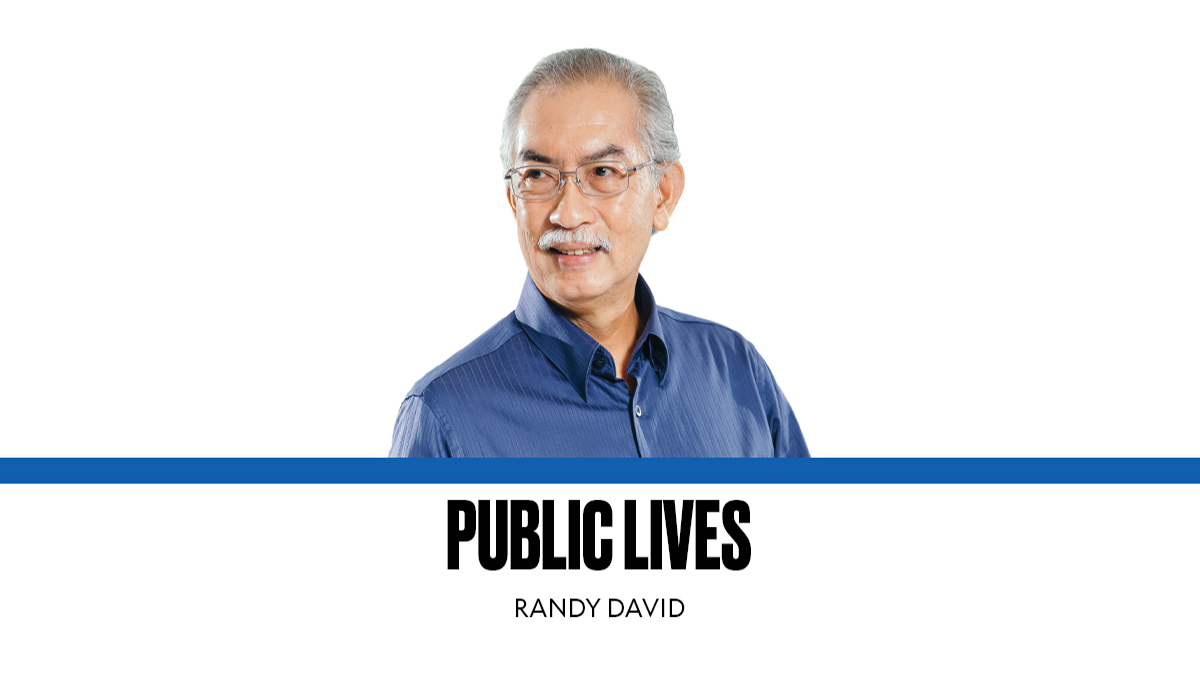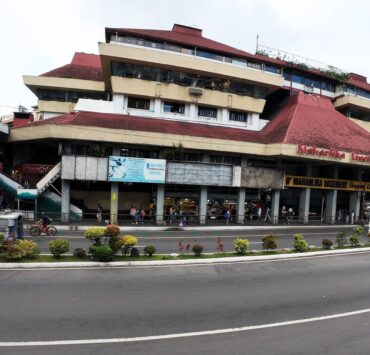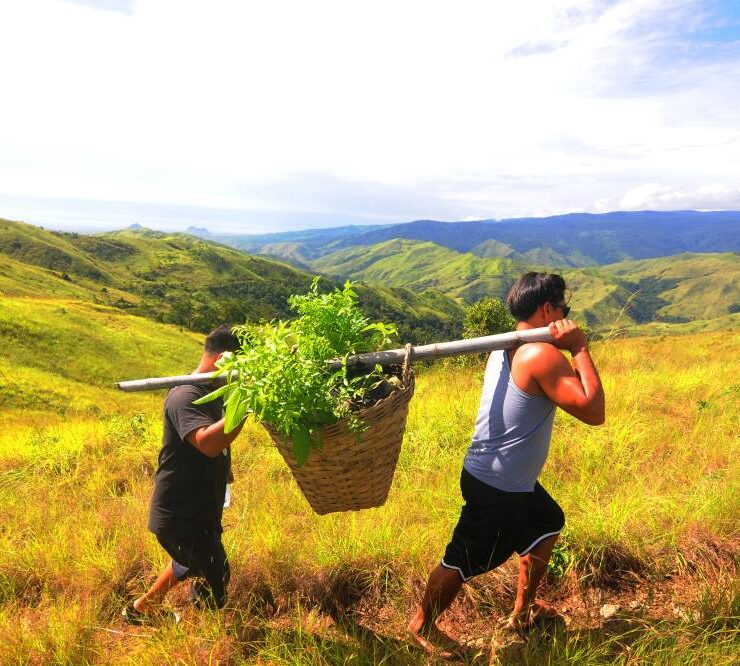The quiet rise of online gambling

In the heyday of Philippine Offshore Gaming Operators (Pogos), long before former Bamban, Tarlac Mayor Alice Guo became the poster face of institutional rot, most Filipinos saw little harm in hosting gambling operations that catered exclusively to foreigners. From a revenue standpoint, it all looked like a net gain.
The government raked in unprecedented income through the Philippine Amusement and Gaming Corporation (Pagcor). Foreign operators and their Filipino partners cashed in on cheap local labor and the ease of bringing in Chinese workers. Building owners, saddled with vacancies from the pandemic, found relief in the sudden demand for commercial and residential space.
Thousands of new tech graduates were recruited. Pogo operators spent money like it was water, paying annual rents in advance, bribing bureaucrats, and lavishing “gifts” on local officials to fast-track permits. In many ways, Pogos arrived like rain on a parched economic landscape.
That those being fleeced were not our own (they were mostly Chinese nationals) gave many Filipinos little reason to be worried.
But it didn’t take long before the costs became visible. Alongside the thousands of young, docile Chinese workers lured into Pogo jobs came a darker element: criminal syndicates, traffickers, and scammers, facilitated by corrupt immigration officials. Filipinos began reporting cases of fraud, kidnapping, and human trafficking tied to Pogo hubs. The social fallout was now homegrown.
The Duterte government’s embrace of Pogos blurred the line between foreign and domestic gambling and prepared the ground for the spectacular rise of e-sabong (live-streamed cockfights). What was once a sport for wealthy aficionados became a daily pastime for wage earners. E-sabong quickly outpaced jueteng and STL in reach and revenue.
The context was perfect: a pandemic lockdown, restlessness at home, and the rise of digital wallets like GCash and Maya. Originally designed to enable financial inclusion, these e-wallets gave millions of unbanked Filipinos access to cashless transactions, and soon to gambling platforms. Few noticed how seamlessly the same tools that were used to pay for groceries and online goods were now being used to place bets.
Most e-sabong bets were still made at physical kiosks. But by the time then President Duterte, under growing public pressure over the “missing sabungeros,” suspended e-sabong in May 2022, digital gambling had already found a more lucrative successor.
Enter the e-casinos, offering livestreamed versions of baccarat, blackjack, and roulette, with all the gloss of entertainment and none of the stigma of addiction. Parlor games like bingo faded. In their place came celebrity-endorsed gambling apps promoted on primetime television as harmless fun. Digital wallets, now embedded in three-fourths of Filipino mobile phones, became the preferred gateway.
What’s astounding is how almost every sector became complicit in this normalization — government, business, media, tech, advertising, entertainment, politics. The rest of us looked the other way, persuaded by seductive arguments: Why should the rich have all the fun? If people want to gamble, isn’t that their right? Isn’t discipline a personal virtue?
But these questions reflect a narrow understanding of addiction, of how gambling rewires the brain’s reward system, and how algorithmic platforms manipulate behavior. They ignore the predatory nature of unregulated markets, and the abdication of the state’s duty to protect the vulnerable.
The deeper question, I think, is this: Why are our leaders, from government to business, more focused on chasing short-term revenue and profit than on building an economy that offers useful jobs, and a society in which every Filipino can live a life of dignity, productivity, and purpose?
This is clearly no longer just about gambling. It’s about what kind of future we are being conditioned to accept, and who profits from our distractions. It is about the ethical ecosystem of our increasingly digital economy: what we choose to promote, what we allow to flourish, and what we turn a blind eye to.
Within just a few years, we have seen where this steep road leads. We are already on the slope. What we most urgently need now is the resolve to halt the slide.





















